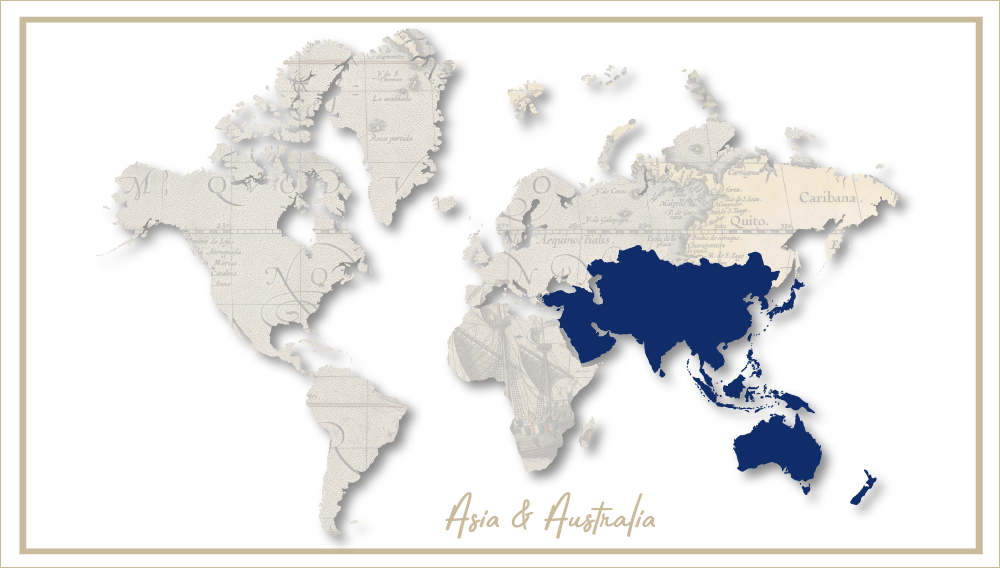The finer points of the law
In keeping with the Government’s war on binge drinking, John Harvey has learnt that the concessional tax on low-alcohol beer, worth AUD 48 million over four years, is likely to be retained but the concessional rate of excise on brandy, which is 7 percent lower than for other spirits will disappear, at a cost to drinkers of AUD 20 million.
More controversial – but far more lucrative – would be ending the wine equalisation tax rebate for producers, which is forecast to cost AUD 1.13 billion over the next four years. This rebate, introduced by the Howard government in 2004 in response to heated criticism of the goods and services tax impact on small to medium wineries, entitles producers to a rebate of 29 percent of the wholesale value of domestic sales.
Cask wine, one of the least-taxed alcoholic products, is also tipped to get a tax hike. The Alcohol Education and Rehabilitation Foundation estimates the tax on a glass of cask wine was currently just four cents, while an alcopop is hit with AUD 1.25 in tax.
There are currently 13 different tax rates on alcohol: six for beer; one each for alcopops, bottled spirits and brandy; then there is the Wine Equalisation Tax and two tariffs on imported wine and spirits; plus GST (Goods and Services Tax).
However, many tax experts and health specialists agree it would be more rational to introduce a health-based volumetric structure. This would simply tax drinks according to the amount of alcohol – and hence potential harm – they contain. Currently Australia has a complex mess of loopholes that has little to do with the amount of alcohol in various types of drink.
Alcohol is taxed differently depending on whether it is brewed, distilled or fermented; whether produced by big business or hobby farmers; and how it is packaged. For instance, keg beer gets an excise break, but not bottled beer. All beer gets a tax-free threshold on the first 1.15 % of alcohol, but spirits don’t.
Wine attracts a wholesale tax that hits expensive fine wine more than cheaper cask wine. More than 90 percent of wineries are small enough to be exempted.
Spirits are more heavily taxed than beer and wine for the same amount of alcohol.
On top of the GST, alcoholic beverages attract an extra tax, supposedly to compensate for the effects of alcohol abuse. But, concludes John Harvey, alcohol is an efficient revenue-raiser, because Australians keep drinking even when their drop is heavily taxed. Expect no fundamental changes to Australia’s alcohol taxation.

